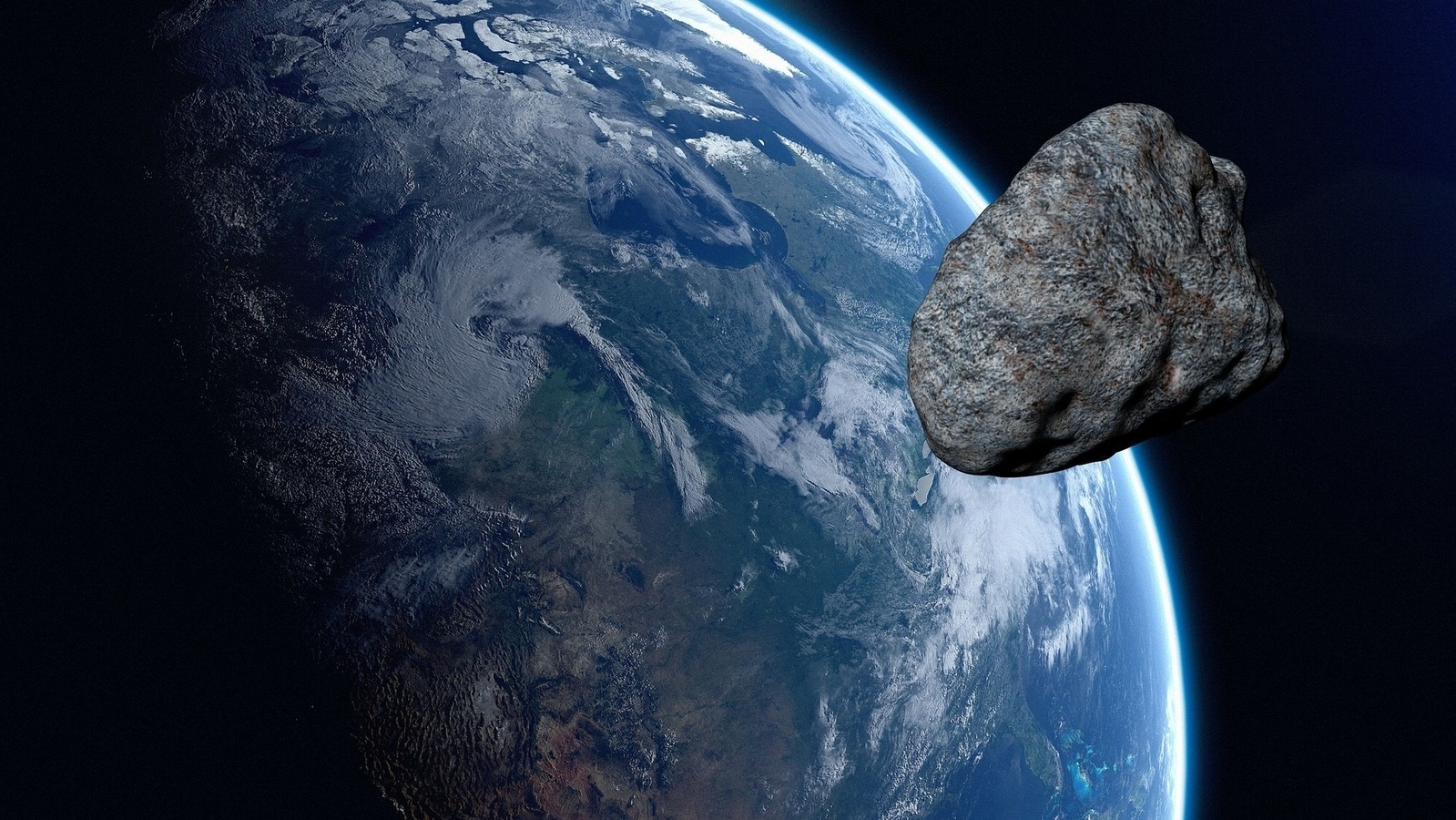Asteroid OC4 hurtling towards Earth, says NASA; big as a bus, it will be upon us tomorrow, June 9
Asteroid OC4 will approach Earth tomorrow, August 9, says NASA. Here’s more about it.
An asteroid nearly the size of a bus is expected to just whizz past Earth on August 9. Although the asteroid isn’t on a collision course with Earth, it will pass so close to Earth that it has attracted NASA’s attention. Read on to find out more.
Astronomers at NASA keep a check on all Near-Earth objects (NEOs) for any potential danger towards Earth and this also includes asteroids, . The asteroid, named Asteroid 2022 OC4 was discovered just a month ago and it is already on its way to Earth. If all goes according to calculations by NASA, the asteroid will pass Earth at a distance of just 1.5 million kilometers.
NASA’s Planetary Defense Coordination Office monitors the sky with telescopes and keeps a track of upcoming flybys by Near-Earth objects (NEOs). With the help of advanced telescopes, more than 750,000 asteroids have been discovered to date out of which over 27,000 are near-Earth asteroids.
This asteroid is expected to be nearly the size of a bus. It is confirmed that it belongs to the Apollo group of asteroids which are Near Earth Asteroids (NEAs) with perihelion distances less than 1.017 AU, and semi-major axis greater than 1 AU.
This is not the first time that an asteroid has passed Earth closely this year. On May 9, Asteroid 467460 (2006 JF42), flew close past Earth. Just a couple of days ago, an Asteroid named Asteroid 2022 OX3 passed Earth in close proximity at 6:45pm on August 2. Most recently, Asteroid named Asteroid 2022 OE5 flew close past Earth during the early hours of August 5. Another asteroid of nearly the same size just whizzed past Earth on August 7.
These past months have seen a sudden increase in the frequency of asteroid flybys. However, people will be relieved to know that none of them will be any potentially “world-ending” asteroids. In fact, such an asteroid is not expected for at least a century or more.
“A 2068 impact is not in the realm of possibility anymore, and our calculations don’t show any impact risk for at least the next 100 years,” says Davide Farnocchia of NASA’s Near-Earth Object Studies Center.
For all the latest Technology News Click Here

